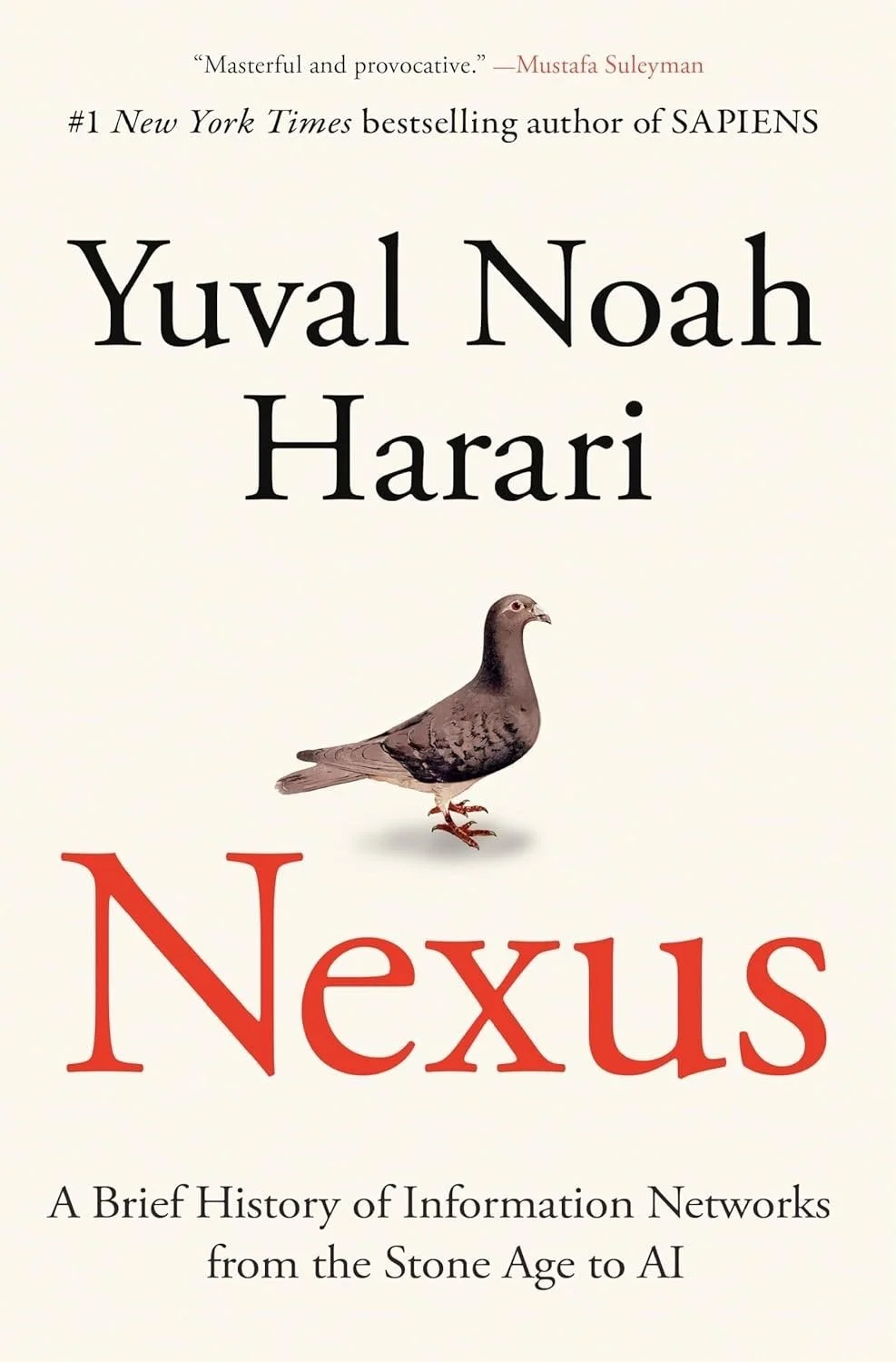Before 2014, when Sapiens: A Brief History of Humankind catapulted him to global fame, Yuval Noah Harari was primarily known as a scholar of medieval military history. His works ranged from an analysis of the shadowy world of 12th-century assassinations, abductions, treason and sabotage to a cultural study of soldiers’ experiences. He seemed destined to be a respected―even if relatively obscure―military historian, admired in academic circles.
His most recent book, Nexus: A Brief History of Information Networks from the Stone Age to AI, marks a partial return to his military history roots. He says the rise of artificial intelligence―currently dominated by the US and China―could result in countries creating their own digital spheres, “each influenced by different political, cultural and religious traditions”.
“Instead of being divided between just two global empires, the world might be divided among a dozen empires,” he writes. “The more the new empires compete against one another, the greater the danger of armed conflict.” ~ Navin J Antony
